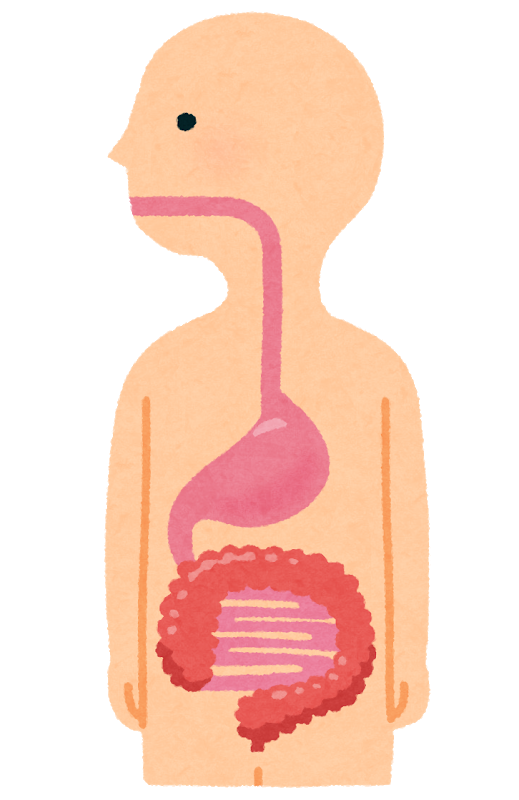First-line treatment with infliximab versus conventional treatment in children with newly diagnosed moderate-to-severe Crohn’s disease: an open-label multicentre randomised controlled trial
Gut. 2020 Dec 31;gutjnl-2020-322339. doi: 10.1136/gutjnl-2020-322339.
https://pubmed.ncbi.nlm.nih.gov/33384335/
P:CDの新規診断を受けた未治療患者
E:0、2、6、14、22週目に5mg/kgのIFXを5回注入する群(FL-IFX)
C:EENまたは経口プレドニゾロン(1mg/kg、最大40mg)を投与する群
O:52週目における臨床的寛解維持
少し前の論文になってしまいますが、クローン病におけるインフリキシマブの有用性についてです。
最終的にはアザチオプリン単剤が52週目において臨床的寛解維持の達成という点で優れているという結果になっていますね。
![]()
Objective: In newly diagnosed paediatric patients with moderate-to-severe Crohn’s disease (CD), infliximab (IFX) is initiated once exclusive enteral nutrition (EEN), corticosteroid and immunomodulator therapies have failed. We aimed to investigate whether starting first-line IFX (FL-IFX) is more effective to achieve and maintain remission than conventional treatment.
Design: In this multicentre open-label randomised controlled trial, untreated patients with a new diagnosis of CD (3-17 years old, weighted Paediatric CD Activity Index score (wPCDAI) >40) were assigned to groups that received five infusions of 5 mg/kg IFX at weeks 0, 2, 6, 14 and 22 (FL-IFX), or EEN or oral prednisolone (1 mg/kg, maximum 40 mg) (conventional). The primary outcome was clinical remission on azathioprine, defined as a wPCDAI <12.5 at week 52, without need for treatment escalation, using intention-to-treat analysis.
Results: 100 patients were included, 50 in the FL-IFX group and 50 in the conventional group. Four patients did not receive treatment as per protocol. At week 10, a higher proportion of patients in the FL-IFX group than in the conventional group achieved clinical (59% vs 34%, respectively, p=0.021) and endoscopic remission (59% vs 17%, respectively, p=0.001). At week 52, the proportion of patients in clinical remission was not significantly different (p=0.421). However, 19/46 (41%) patients in the FL-IFX group were in clinical remission on azathioprine monotherapy without need for treatment escalation vs 7/48 (15%) in the conventional group (p=0.004).
Conclusions: FL-IFX was superior to conventional treatment in achieving short-term clinical and endoscopic remission, and had greater likelihood of maintaining clinical remission at week 52 on azathioprine monotherapy.
目的:中等度から重症のクローン病(CD)と新たに診断された小児患者では、専用の経腸栄養療法(EEN)、副腎皮質ホルモン療法、免疫調節剤療法が無効となった後、インフリキシマブ(IFX)治療が選択される。本研究では、第一選択薬であるIFX(FL-IFX)を開始することが、従来の治療に比べて寛解の達成・維持に有効かどうかを検討することを目的とした。
デザイン:この多施設オープンラベル無作為化比較試験では、CDの新規診断を受けた未治療患者(3~17歳、加重小児CD活性指数(wPCDAI)>40)を、0、2、6、14、22週目に5mg/kgのIFXを5回注入する群(FL-IFX)、またはEENまたは経口プレドニゾロン(1mg/kg、最大40mg)を投与する群(従来型)に割り付けた。主要アウトカムはアザチオプリン単剤投与による臨床的寛解維持とし、52週目にwPCDAI<12.5であり、治療のエスカレーションを必要としないと定義した(intention-to-treat analysis)。
結果:FL-IFX群50例、従来群50例の計100例を対象とした。4人の患者はプロトコール通りの治療から外れた。10週目の時点で、FL-IFX群では従来群よりも高い割合で臨床的寛解(59%対34%、p=0.021)および内視鏡的寛解(59%対17%、p=0.001)を達成した。52週目の時点では、臨床的寛解を達成した患者の割合に有意差はなかった(p=0.421)。しかし,FL-IFX群では,アザチオプリン単剤療法では治療増量を必要とせず,19/46例(41%)が臨床的寛解を示したのに対し,従来群では7/48例(15%)であった(p=0.004)。
結論:FL-IFXは、短期的な臨床的寛解および内視鏡的寛解の達成において従来の治療よりも優れており、52週目においてアザチオプリン単剤療法で臨床的寛解を維持する可能性が高かった。


コメント